Nova Blitz Maker Wants You To “Own” Your Digital CCG Cards
Your digital CCG cards are worthless. Yes, I know you dropped hundreds of dollars on the latest expansion to buy that awesome bundle of packs, which you cyber-ripped open with unabashed glee and got those super-ultra-legendary-mega-rare cards and they seem like they're valuable – but what happens when you're done with that game?
If you were playing a physical CCG, like Magic: The Gathering, you could sell all your old cards and buy cards from another game. In effect, you'd be trading the cards you don't want for cards you do want. But you can't do that in a digital CCG. You can't trade Hearthstone cards for Shadowverse or Duelyst cards.
One company wants to change all that. Enter Dragon Foundry, the makers of free-to-play CCG Nova Blitz. While the game itself isn't huge, its creators have some huge ideas that could revolutionize the CCG industry – if they get enough players and developers to sign on.
Works like magic
To understand what Dragon Foundry and its CEO, Paul Barclay, want to accomplish, one has to understand cryptocurrency and blockchain technology. Actually, that's an exaggeration. I've tried to understand it all, but I just lack the capacity to wrap my brain around it. Thankfully, Magicman is much more up on all of this, and his assistance in crafting this piece – especially the many “OK, so it's like this?” layman's explanations – was invaluable.
He also conducted an interview with Barclay, where he explained exactly what he and his company was trying to accomplish. “Way back when we did our Kickstarter, even before that, we wanted to make a trading-card game online. And we kept running into technical issues why it wasn't easy, it wasn't possible to do it. And then along comes blockchain technology and we started to look into it, and we realized that everything we wanted to do, we could do very effectively on blockchain. Being able to let people trade cards, buy and sell them, let people have actual ownership of cards … which is just a big deal in the gaming space, being able to do what you want with what you own. “I want to see trading economies throughout the gaming industry," said Barclay. "I don't want to see these 'locked-in' games that are clawing as much money out of gamers as they can.”
"I want to see trading economies throughout the gaming industry. I don't want to see these 'locked-in' games that are clawing as much money out of gamers as they can."
“Ownership” is the key takeaway here. Barclay envisions a digital landscape where players could buy and sell cards between games, similar to my Magic example above. You don't have to – you can keep playing your single game to your heart's content, even if it is part of this interconnected system – but if you do decide to take that leap, you can, and Barclay contends that it would be “very simple” and “seamless.”
In layman's terms, here's how it would work: You spend $50 to buy Nova Tokens (NVT), the cryptocurrency that Dragon Foundry has created. You could then spend your NVT on packs of Nova Blitz, or any other game that's part of the system, open your packs, collect the cards, and play the game as usual.
Now, suppose you want to try a different game. You can then sell your Nova Blitz cards – as few or as many as you like – and receive NVT for them. Then you spend that NT any way you want, maybe to buy packs or individual cards from another game, all without spending any more real-world cash. “If you have a big enough bankroll, you'll never need to actually pay for another card again,” said Barclay. You could also speculate, to a degree, buying up a card for, say, 20 NVT and reselling it later for 30 NVT, making a profit of 10 NVT, just like you might do with Magic cards.
The money flows in only one direction, though, since the system currently has no “withdraw” feature. It's built for the CCG fan who's in it for the games, not the selling of a collection for real-world profit.
Power in numbers
Still, it's not a bad idea, in theory, if Digital Foundry can get other developers to sign on. So how is that going?
Officially, Barclay said that he's in negotiation with various developers, but he couldn't give any details at this time. One question that seems obvious is that, if I'm basically “re-selling” my cards in one game to pay for cards in another, how do the makers of that second game make any money?
First of all, developers get 90% of the revenue raised from NVT sales, as compared to 70% from app stores and Steam. The additional exposure and being a part of a larger gaming ecosystem – and, in theory, the large number of gamers who should want this feature – is also a major factor.
As an effective substitute for cash, Nova Tokens can also be used for purposes other than the strict acquisition of cards. “We can support you with tokens so you can then run events and run marketing using the tokens,” said Barclay. “Building some of these systems is hard. Building a full economy is really hard.” So smaller dev teams could see the benefit of finishing and marketing their games, and as the NT audience grows, that gives those teams more opportunities to market their games.
"We can support you with tokens so you can then run events and run marketing using the tokens. Building some of these systems is hard. Building a full economy is really hard."
But who is it for? It should be clear that the really heavy hitters of the digital CCG world, like Blizzard with Hearthstone, don't need the “exposure” of NVT. Even successful, but smaller, games like Shadowverse, Eternal, or Duelyst might not come on board.
Barclay is fine with that. He doesn't think his platform needs those “heavy hitters.” Digital Foundry is instead looking at partnering with Unity and other “tech providers,” since a lot of developers already use their tools.
There is one big name attached to the product already, however: Magic: The Gathering creator Richard Garfield, who's listed on the website as a game design, economy, and monetization consultant. Skeptical as we are, we saw such a notable figure listed as a “consultant” and thought he might have offered one tip over a cup of coffee once and now the company is looking to use his name to add legitimacy to their project.
Not so, Barclay told us, saying that Garfield has been “advising us for quite a while. We've made changes to past systems and economies and he's said, 'That doesn't look smart, why don't you try something different?'” Given his willingness to even critique his early concepts with Magic, he's had no problem giving his opinions on what's good and bad about Digital Foundry's approach, both in terms of game design for Nova Blitz and the financial aspects of Nova Tokens. “He gave us a lot of help on that,” said Barclay.
A token effort
Can something like Nova Tokens really take off? That will depend, quite simply, on whether enough developers think the program is worth being a part of. (You can check out the white paper here.) There's no direct money to be made – i.e., you don't get paid for joining the program – but Barclay's hope is that developers will find it worthwhile to be part of this greater digital economy and that it will draw more players to their games, which equals more money.
It's a long shot, to be sure, but great successes are usually spawned from long-shot ventures. Sometimes – usually – they crash and burn, too. Barclay clearly wants Nova Tokens to succeed financially, but regardless, he's happy with what he's accomplished and what's yet to come.
“I'm just excited to be a part of building this,” he told us in closing. “I think it's something we're going to be working on for many years. It's going to take us a good long time to build and we're going to have a lot of fun doing it, and I think we're going to enable some super-interesting kind of gameplay that we haven't seen before.”
Related Articles
About the Author

Jason Winter is a veteran gaming journalist, he brings a wide range of experience to MMOBomb, including two years with Beckett Media where he served as the editor of the leading gaming magazine Massive Online Gamer. He has also written professionally for several gaming websites.
More Stories by Jason WinterRead Next
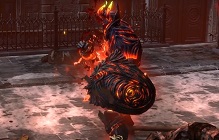
It seems like we'll see some kind of regulation regarding loot boxes in video games sooner rather than later.
You May Enjoy

Even Overtimeboo can enjoy some time off.
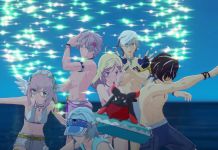
That means the test can’t be too far behind, right?
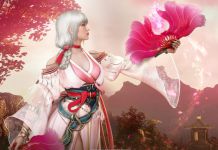
It’s offered for free often enough.
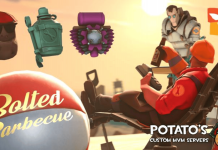
Fight robots on the beach in over 50 different missions.
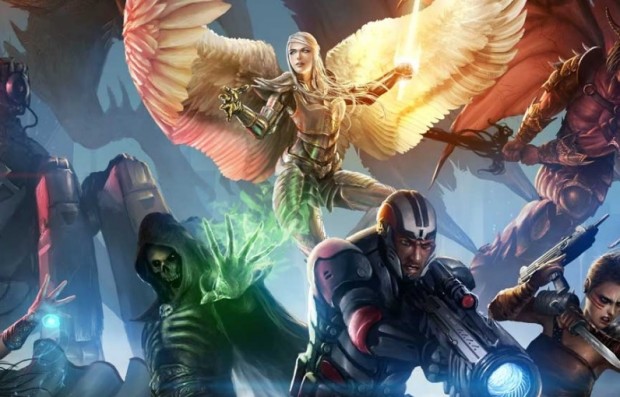
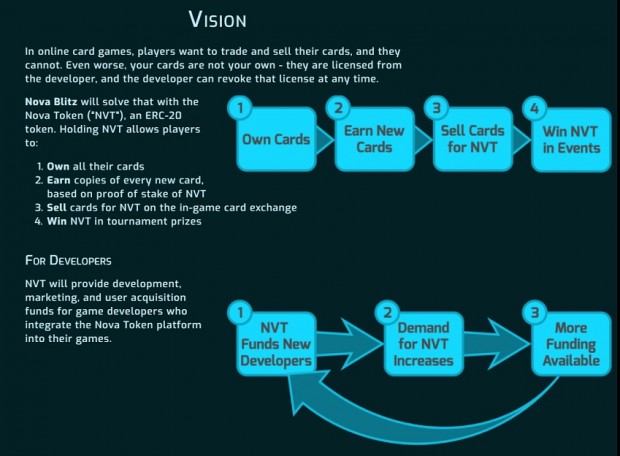
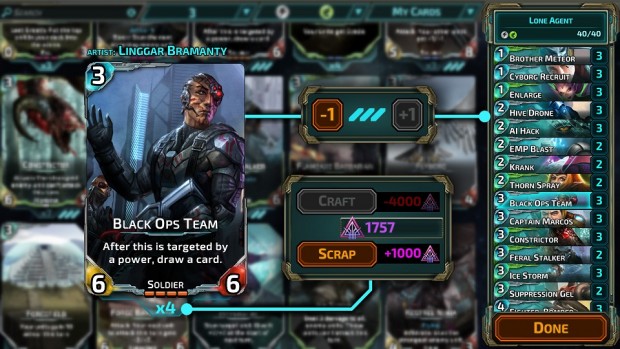
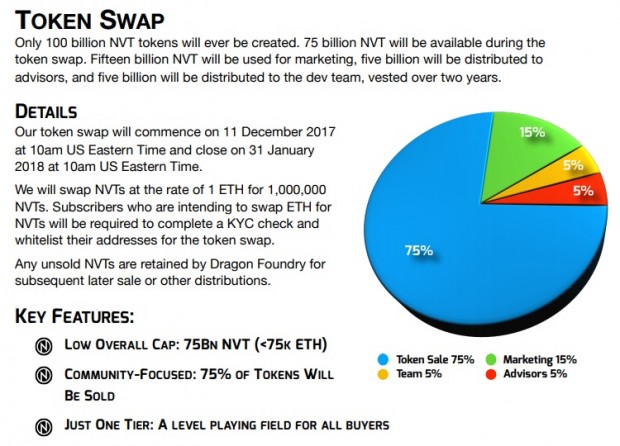
Discussion (0)